Home>Garden Essentials>How Long Does It Take For Clover Seeds To Sprout
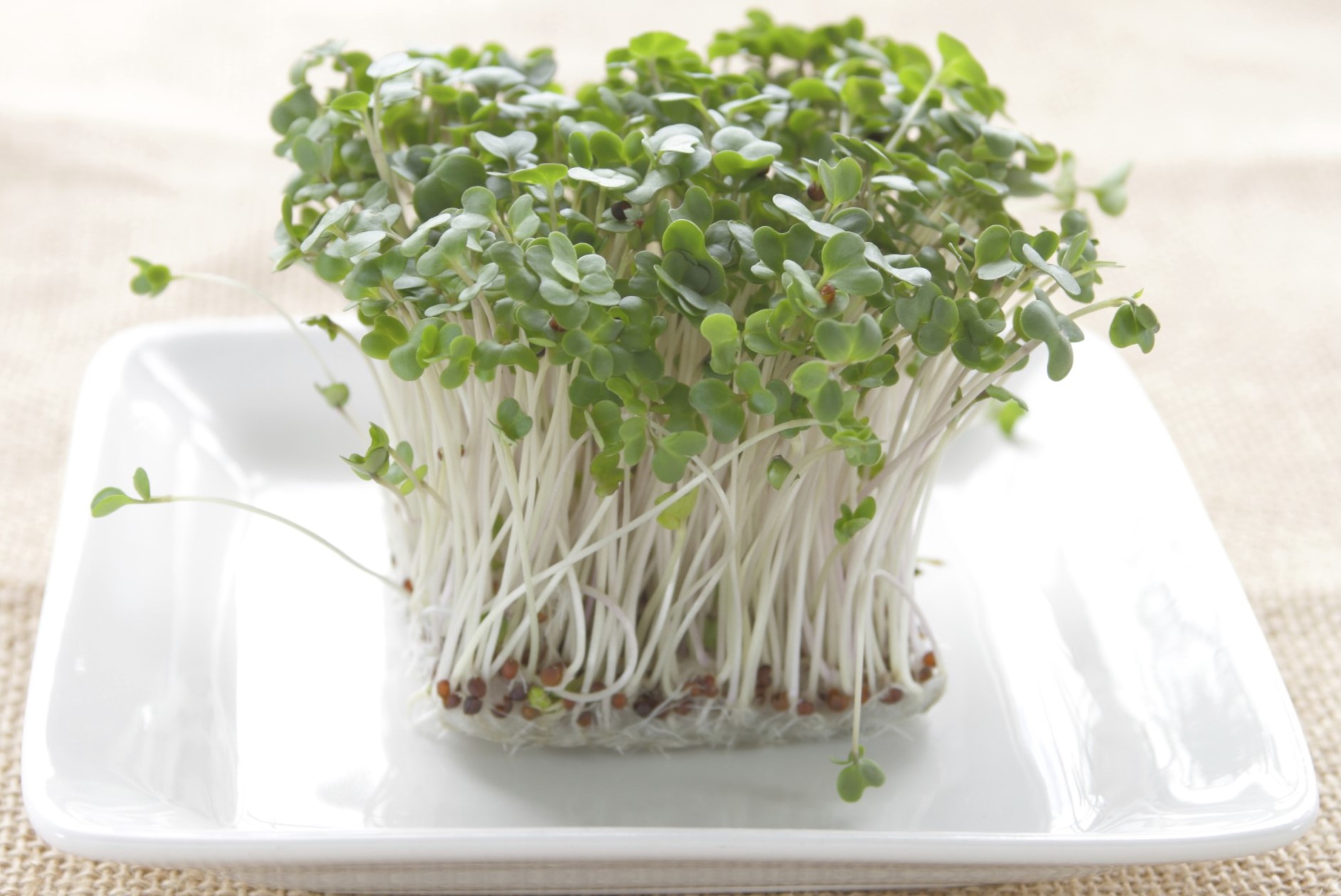

Garden Essentials
How Long Does It Take For Clover Seeds To Sprout
Modified: March 15, 2024
Learn how long it takes for garden clover seeds to sprout. Discover the ideal conditions and essential tips for successful germination in your garden.
(Many of the links in this article redirect to a specific reviewed product. Your purchase of these products through affiliate links helps to generate commission for Storables.com, at no extra cost. Learn more)
Introduction
In the world of gardening, it’s always exciting to see seeds sprout and grow into healthy plants. For those who are interested in growing clover, a common and versatile plant, one burning question is, “How long does it take for clover seeds to sprout?” Clover, belonging to the legume family, is known for its nitrogen-fixing properties and its ability to provide soil improvement. Whether you’re planting red clover, white clover, crimson clover, alsike clover, or ladino clover, understanding the germination process and factors influencing it can help you plan and care for your clover seeds effectively.
Key Takeaways:
- Clover seeds need the right temperature, moisture, light, and soil type for successful sprouting. Understanding these factors is key to growing healthy clover plants.
- Different clover varieties have varying germination times, so patience and proper care are essential. Providing optimal conditions and troubleshooting common issues will lead to successful clover seed germination.
Read more: How Long Does It Take Clover To Germinate
Factors Affecting Clover Seed Germination
Several key factors impact the germination of clover seeds: temperature, moisture, light, and soil type. Understanding how these factors interact with the seeds can help you create the optimal environment for successful germination.
Temperature plays a critical role in seed germination. Most clover varieties require soil temperatures between 50 and 77°F (10-25°C) for optimal sprouting. Cooler temperatures tend to slow down germination, while higher temperatures can accelerate it. Monitoring the soil temperature and selecting an appropriate time for sowing can significantly impact the speed and success of clover seed germination.
Moisture is another crucial factor. Clover seeds need adequate moisture to hydrate and initiate the germination process. However, excessive moisture can lead to rotting or mold formation. Striking the right balance is essential. Regular watering during the germination period is crucial to keeping the soil evenly moist.
While some seeds require darkness to germinate, clover seeds are not in that category. They require exposure to light for successful sprouting. Therefore, it’s important to avoid covering the seeds too deeply with soil. Simply pressing them gently into the soil surface is usually sufficient.
Soil type also influences clover seed germination. Well-draining soil is preferred, as waterlogged conditions can hinder germination and promote diseases. Loamy or sandy soil is ideal for most clover varieties, ensuring adequate drainage and aeration for healthy root development.
Average Germination Time for Clover Seeds
The average germination time for clover seeds can vary depending on the specific variety. Here’s a general guideline for popular clover types:
– Red clover (Trifolium pratense): Red clover seeds typically sprout within 7 to 14 days under optimal conditions. However, germination may take up to 21 days in some cases.
– White clover (Trifolium repens): White clover seeds have a similar germination timeline to red clover, usually taking 7 to 14 days. In some instances, germination can take up to 21 days.
– Crimson clover (Trifolium incarnatum): Crimson clover seeds tend to have a slightly faster germination rate compared to red and white clover. Under ideal conditions, you can expect to see sprouts within 5 to 10 days.
– Alsike clover (Trifolium hybridum): Alsike clover seeds may take a bit longer to germinate, often ranging from 10 to 21 days. Some factors, such as cooler temperatures, can extend the germination period.
– Ladino clover (Trifolium repens var. ladino): Ladino clover seeds typically have a germination time window of 7 to 14 days. Faster germination can be expected under optimal growing conditions.
It’s important to note that these germination times are averages, and actual sprouting may vary based on specific growing conditions.
Feel free to use HTML Validator to validate the output
Key Takeaways:
- Clover seeds need the right temperature, moisture, light, and soil type for successful sprouting. Understanding these factors is key to growing healthy clover plants.
- Different clover varieties have varying germination times, so patience and proper care are essential. Providing optimal conditions and troubleshooting common issues will lead to successful clover seed germination.
Read more: How Long Does It Take Clover To Germinate
Factors Affecting Clover Seed Germination
The germination process of clover seeds is influenced by several key factors, including temperature, moisture, light, and soil type. Understanding how these factors impact germination can greatly improve your success rate when growing clover.
Temperature plays a critical role in the germination of clover seeds. Different clover varieties have specific temperature preferences for optimal sprouting. Generally, clover seeds require soil temperatures between 50 and 77°F (10-25°C) to germinate effectively. Cooler temperatures can delay germination, while higher temperatures can speed it up. Monitoring the soil temperature and selecting the appropriate time for sowing can greatly influence the speed and success of clover seed germination.
Moisture is another essential factor in clover seed germination. Seeds need a suitable amount of moisture to hydrate and initiate the germination process. However, excessive moisture can lead to rotting or mold formation, which can hinder germination. It is important to strike a balance by providing the seeds with adequate, but not excessive, moisture. Regular watering during the germination period is crucial to keep the soil evenly moist, ensuring the seeds have the moisture they need to sprout.
Unlike some other seeds that require darkness to germinate, clover seeds thrive when exposed to light. They need light to successfully sprout. Therefore, it’s important not to bury the seeds too deep in the soil. Simply pressing them gently into the soil surface ensures they receive the required light exposure for germination. This is an important detail to keep in mind when planting clover seeds.
Soil type is yet another factor that can impact clover seed germination. Well-draining soil is essential for optimal root development and to prevent waterlogged conditions that can hinder germination and promote diseases. Loamy or sandy soil is generally ideal for most clover varieties, providing adequate drainage and aeration.
By considering and optimizing these factors, you can create the ideal conditions for clover seed germination. Providing the right temperature, moisture, light exposure, and soil type will greatly increase the chances of successful sprouting and healthy seedling development. Understanding these factors and their impact on germination is key to achieving a thriving clover garden.
Average Germination Time for Clover Seeds
The germination time for clover seeds can vary depending on the specific clover variety. Here is a general guideline for the average germination time of popular clover types:
– Red Clover (Trifolium pratense): Red clover seeds typically sprout within 7 to 14 days under optimal conditions. However, it is not uncommon for germination to take up to 21 days in some cases. The germination process may be influenced by factors such as temperature, moisture, and light.
– White Clover (Trifolium repens): Similar to red clover, white clover seeds have an average germination time of 7 to 14 days. However, in certain conditions, it may take up to 21 days for the seeds to sprout. It is important to create favorable conditions to ensure successful germination.
– Crimson Clover (Trifolium incarnatum): Crimson clover seeds tend to have a slightly faster germination rate compared to red and white clover. Under ideal conditions, sprouts can be expected within 5 to 10 days. This fast sprouting time makes crimson clover a popular choice for quick ground cover and soil improvement.
– Alsike Clover (Trifolium hybridum): Alsike clover seeds have a slightly longer germination time compared to other clover types, often ranging from 10 to 21 days. Various factors, including cooler temperatures or less favorable growing conditions, may prolong the germination period.
– Ladino Clover (Trifolium repens var. ladino): Ladino clover seeds typically have a germination time window of 7 to 14 days. The actual germination time can vary based on factors such as temperature, moisture, and light. Creating optimal conditions will help promote quicker and more uniform sprouting.
It’s important to remember that these average germination times are guidelines and can vary depending on environmental factors and the quality of the seeds. Factors such as temperature fluctuations, moisture levels, and light exposure can affect the germination process. Providing the seeds with the ideal conditions for germination, such as proper moisture and temperature, will help ensure a higher success rate and faster sprouting.
Having an understanding of the average germination times for different clover varieties can assist in planning your gardening activities and managing your expectations. Patience and proper care are essential during this crucial stage of the plant’s life cycle. By creating optimized conditions and monitoring the process closely, you can successfully grow healthy and vibrant clover plants.
Clover seeds typically take 7-14 days to sprout. Keep the soil consistently moist and provide plenty of sunlight for best results.
Read more: How Long Does A Seed Take To Sprout
Germination Process of Clover Seeds
Seed germination is a fascinating and crucial stage in the life cycle of clover plants. Understanding the process can help you better care for your clover seeds and ensure successful sprouting. The germination process of clover seeds can be divided into several stages:
1. Seed Hydration: The germination process begins when the clover seeds come into contact with moisture. Water infiltrates the seed coat, initiating the process of hydration. As the seed absorbs water, it swells, triggering biochemical changes within the seed.
2. Seed Swelling: As the clover seed hydrates, it absorbs water and swells in size. This swelling puts pressure on the seed coat, ultimately causing it to crack or split open. This breaking of the seed coat allows the emerging plant to escape and begin its growth.
3. Radicle Emergence: After the seed coat splits open, the first structure to emerge is the radicle. The radicle is the embryonic root of the plant, responsible for absorbing water and nutrients from the soil. It grows downward into the soil, anchoring the young plant and establishing its root system.
4. Cotyledon Development: Once the radicle emerges, the cotyledons start to develop. Cotyledons are the embryonic leaves of the plant and serve as the primary source of nutrition for the young clover seedling. They provide energy for the plant before true leaves start to form and photosynthesis can take place. The cotyledons are typically white or pale green in color and vary in shape depending on the clover species.
5. True Leaf Formation: As the clover seedling receives nourishment from the cotyledons, it starts to develop true leaves. True leaves are the characteristic leaves of the clover plant, with the shape and color specific to the clover species. These leaves have a more developed structure and contain chlorophyll, enabling the plant to carry out photosynthesis and produce its own food.
Throughout the germination process, it is important to provide the clover seeds with optimal growing conditions. Maintaining the right moisture level, temperature, and light exposure can greatly influence the rate and success of germination. Regular monitoring and care during the germination process will help establish healthy and vigorous clover seedlings.
Understanding the germination process of clover seeds can enhance your gardening experience and enable you to provide the proper care and support needed for successful seedling development. By providing the right conditions and nurturing the emerging plant, you will be on your way to growing thriving clover plants in your garden.
Tips for Promoting Clover Seed Germination
Successfully germinating clover seeds requires careful attention to various factors and proper care. Here are some essential tips to promote optimal germination of your clover seeds:
1. Pre-sowing Seed Treatment: Before sowing, consider treating your clover seeds with a pre-germination treatment. This can help break seed dormancy and improve germination rates. One common method is scarification, which involves gently nicking or rubbing the seed coat to create small openings that allow water to penetrate more easily. Another treatment option is stratification, where seeds are exposed to cold temperatures for a certain period to mimic winter conditions that aid germination in nature.
2. Proper Planting Depth: When sowing clover seeds, it is crucial to plant them at the proper depth. While the exact depth can vary based on the clover variety, a general guideline is to plant them at a depth of about ¼ to ½ inch (6-12 mm). Planting too shallow may result in seeds drying out, while planting too deep can hinder their ability to emerge from the soil.
3. Adequate Watering: Proper moisture is essential for the germination of clover seeds. Before sowing, ensure the soil is consistently moist but not waterlogged. After planting the seeds, maintain this moisture level by watering regularly, especially during dry periods or when the soil starts to dry out. Be mindful not to overwater, as excessive moisture can lead to seed rot or fungal problems.
4. Fertilization: Providing appropriate nutrients to the soil prior to sowing can contribute to better germination and seedling growth. Conduct a soil test to determine the nutrient levels and pH of the soil. Based on the results, add a balanced fertilizer or organic matter to improve soil fertility and create a favorable environment for clover seed germination. Consult with a local agricultural extension office or gardening expert for specific fertilization recommendations for your region and soil type.
By following these tips, you can greatly enhance the germination process of your clover seeds. Pre-sowing treatments, proper planting depth, adequate watering, and appropriate fertilization will help create the optimal conditions for successful germination. Additionally, regular monitoring and care, such as removing weeds and pests, will contribute to the overall health and growth of your clover plants.
Remember that each clover variety may have unique requirements, so it is important to research and understand the specific needs of the variety you are planting. With proper care and attention, you can enjoy a flourishing clover garden and reap the benefits of these versatile and beneficial plants.
Common Issues and Troubleshooting
While striving for successful clover seed germination, you may encounter some common issues that can impact the process. Understanding these challenges and their potential solutions will help you troubleshoot and overcome them effectively. Here are a few common issues you may face:
1. Low Germination Rate: Sometimes, despite your best efforts, you may experience a low germination rate with your clover seeds. This can be caused by factors such as poor seed quality, improper storage, or unfavorable environmental conditions. To address this issue, start by ensuring you obtain high-quality seeds from a reputable source. Store them in a cool, dry place to maintain their viability. Additionally, review your germination conditions, such as temperature and moisture, and make adjustments as necessary to create the optimal environment for germination.
2. Seed Dormancy: Clover seeds, like many other plant seeds, can exhibit dormancy, a natural mechanism that keeps the seed from germinating until conditions are favorable. Some clover varieties may have specific dormancy requirements that need to be met for successful germination. Pre-sowing treatments such as scarification or stratification can help break seed dormancy and promote germination. Research the specific dormancy requirements of your clover variety and implement appropriate treatments if necessary.
3. Pest and Disease Problems: Clover seeds and seedlings can be vulnerable to various pests and diseases that can hinder germination or damage young plants. Common pests include aphids, cutworms, and nematodes, while diseases such as damping-off or powdery mildew can also affect seedlings. To prevent these issues, practice proper garden hygiene by removing debris and weeds that can harbor pests and diseases. Consider using organic pest control methods or, if necessary, consult with a professional to identify and address specific pest and disease problems.
Regular monitoring and early intervention are crucial for tackling these issues. Inspect your clover seeds and seedlings regularly, looking for signs of poor germination, pest infestations, or disease symptoms. Taking swift action will help minimize the impact on your clover plants and maximize the chances of successful germination.
If you encounter difficulties despite troubleshooting, reach out to local gardening experts, extension offices, or horticulturists for guidance tailored to your specific region and circumstances.
Remember that gardening is a learning experience, and each challenge provides an opportunity to deepen your knowledge and skill. With patience, perseverance, and a proactive approach, you can overcome common issues and enjoy a thriving clover garden.
Conclusion
Growing clover from seed can be a rewarding experience, as these versatile plants offer numerous benefits to your garden and the surrounding ecosystem. Understanding the factors that affect clover seed germination and implementing the right care practices can greatly increase your success rate.
Temperature, moisture, light, and soil type are crucial factors that influence the germination process. By providing favorable conditions within the optimal temperature range, keeping the soil evenly moist without waterlogging, ensuring adequate light exposure, and using well-draining soil, you can create an environment that encourages successful sprouting.
Different clover varieties have different average germination times, ranging from 7 to 21 days. Knowing the specific germination time for each type of clover you are planting can help manage your expectations and plan your gardening activities accordingly.
Proper pre-sowing seed treatment, including scarification or stratification, can help break seed dormancy and improve germination rates. Planting the seeds at the appropriate depth, providing adequate water, and ensuring proper fertilization will further support germination and subsequent seedling growth.
However, challenges may arise, such as low germination rates, seed dormancy, and pest and disease problems. By troubleshooting and taking proactive measures – such as using high-quality seeds, implementing pre-sowing treatments, monitoring for pests and diseases, and practicing proper garden hygiene – you can overcome these issues and increase your chances of successful clover seed germination.
Patience and attention to detail are key when growing clover from seed. Regular monitoring of your clover seeds and seedlings, and timely response to any issues that arise, will contribute to their overall health and success. Remember, each challenge presents an opportunity to learn and improve your gardening skills.
In conclusion, with the right understanding, preparation, and care, you can greatly enhance the germination process of your clover seeds. By providing optimal conditions, troubleshooting common issues, and lovingly tending to your clover plants, you’ll be rewarded with a flourishing garden filled with these beneficial and beautiful plants. Enjoy the journey of growing clover from seed and all the benefits they bring to your garden and the environment.
Frequently Asked Questions about How Long Does It Take For Clover Seeds To Sprout
Was this page helpful?
At Storables.com, we guarantee accurate and reliable information. Our content, validated by Expert Board Contributors, is crafted following stringent Editorial Policies. We're committed to providing you with well-researched, expert-backed insights for all your informational needs.
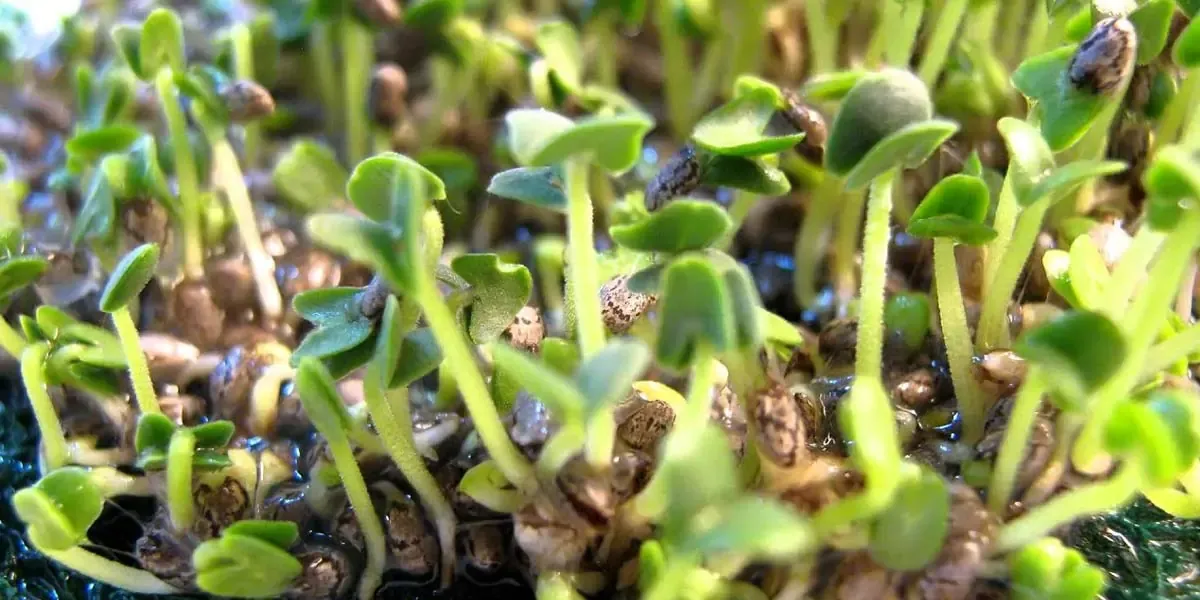
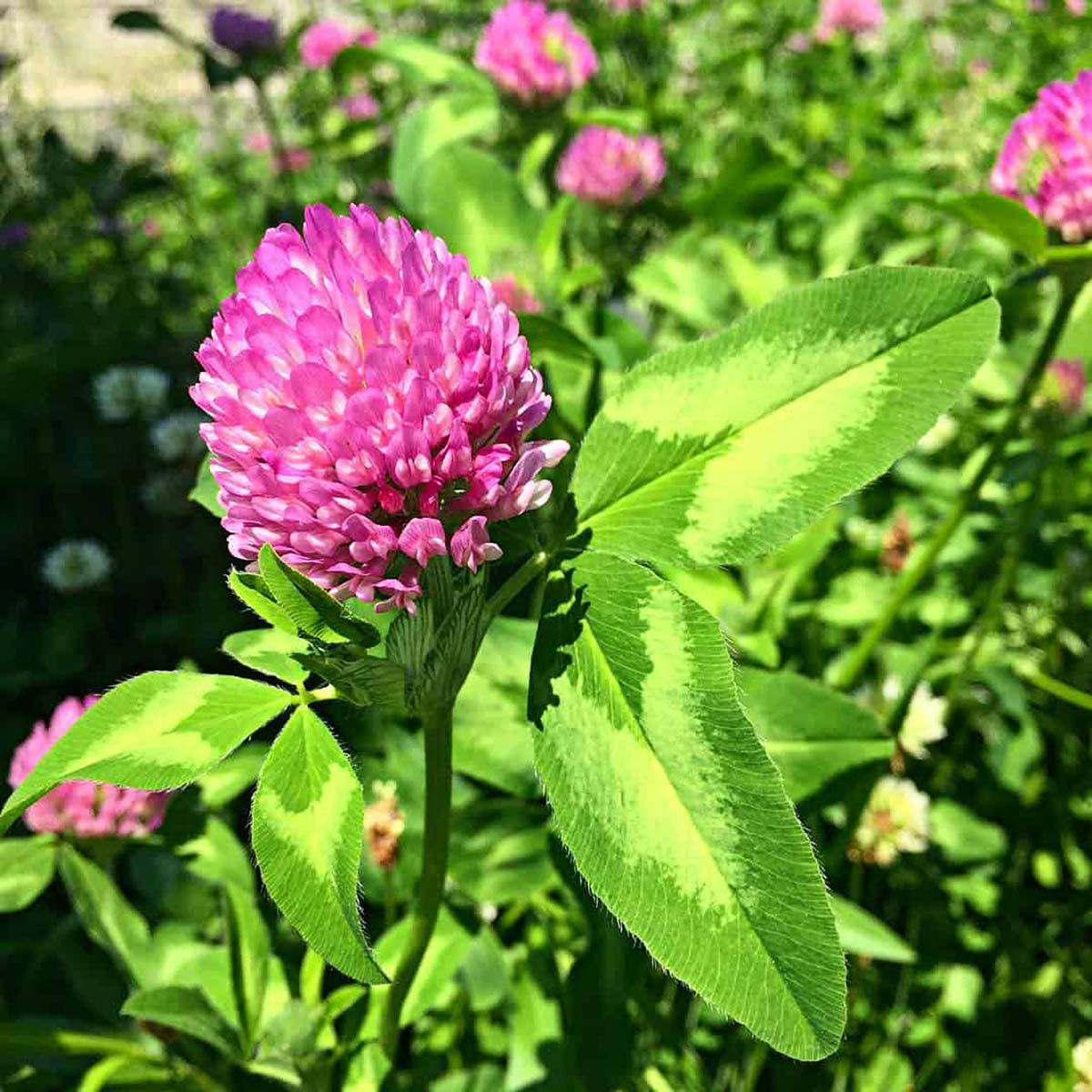
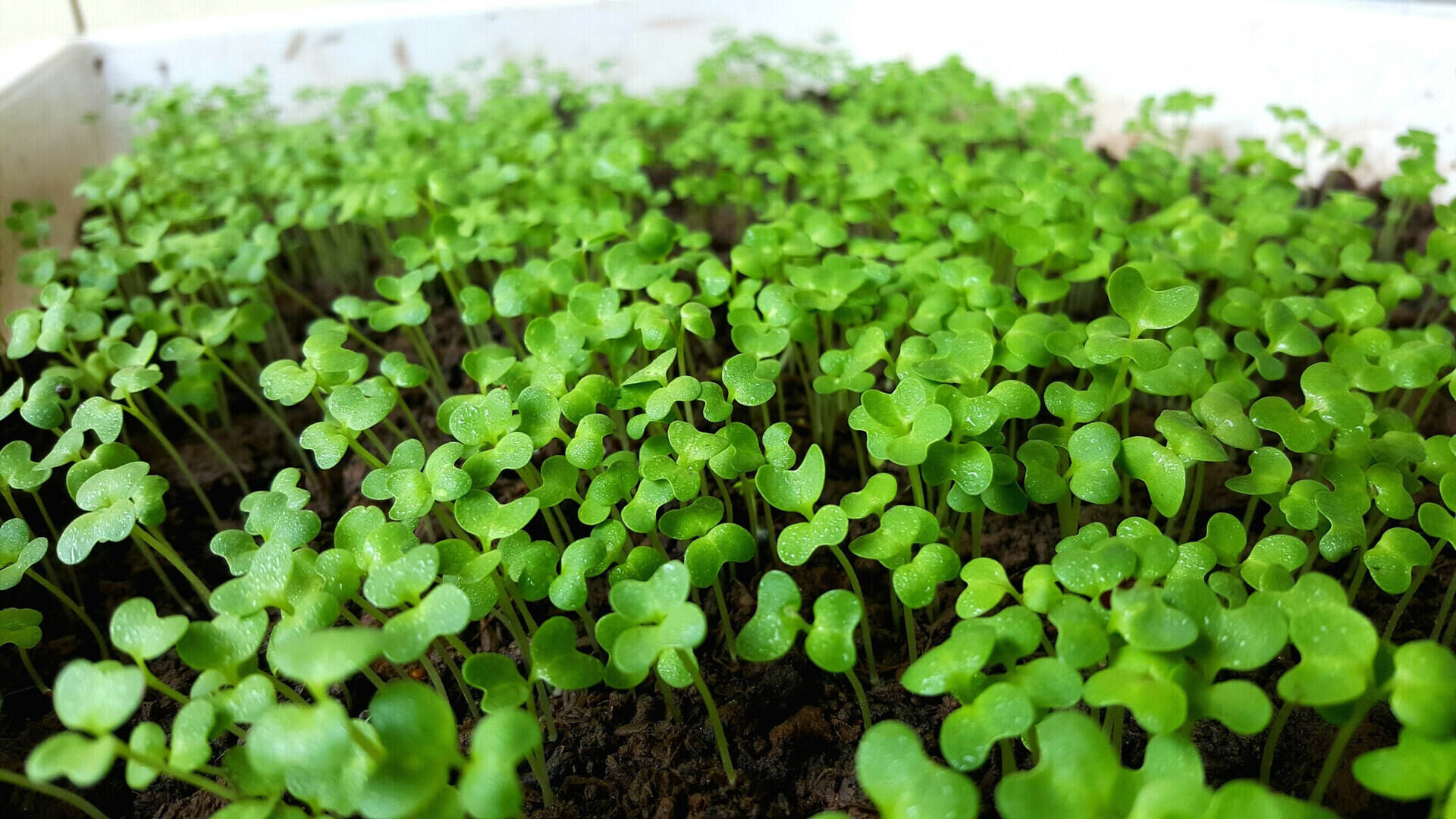
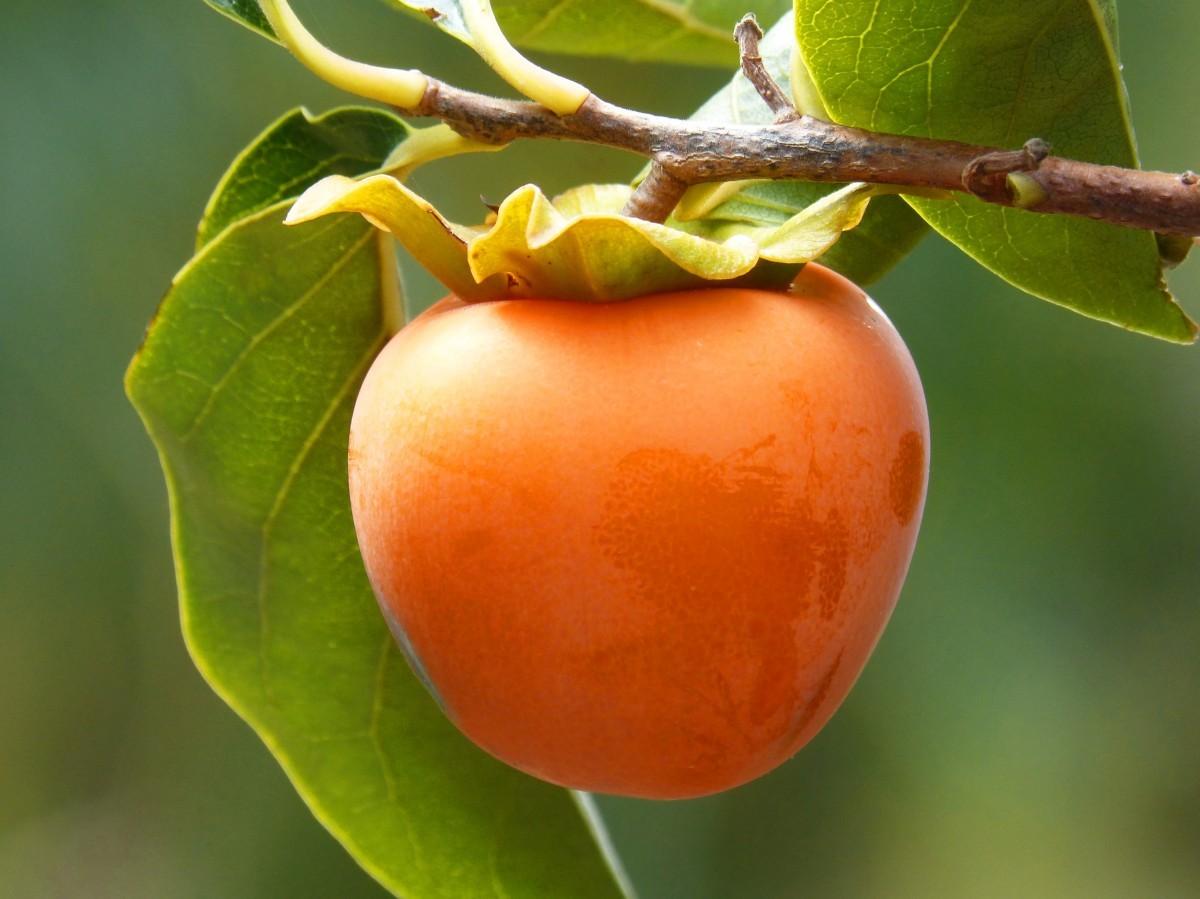
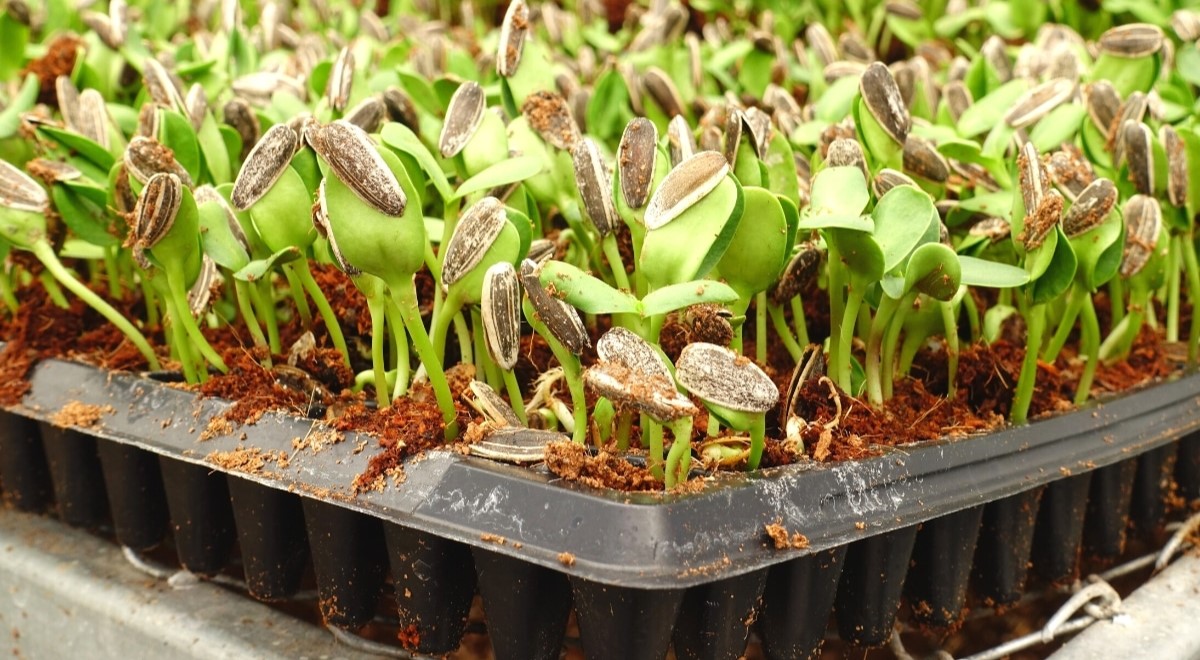
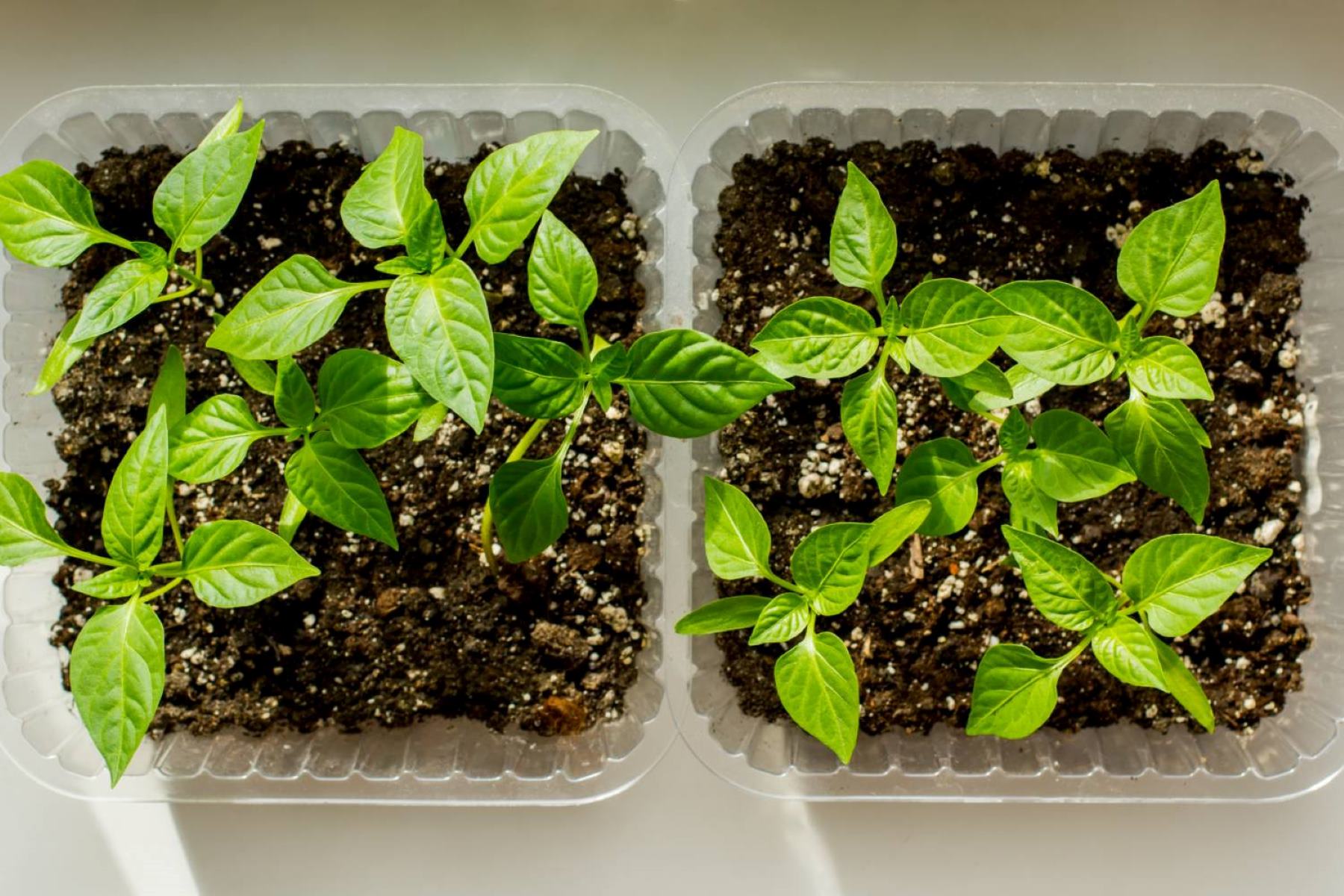
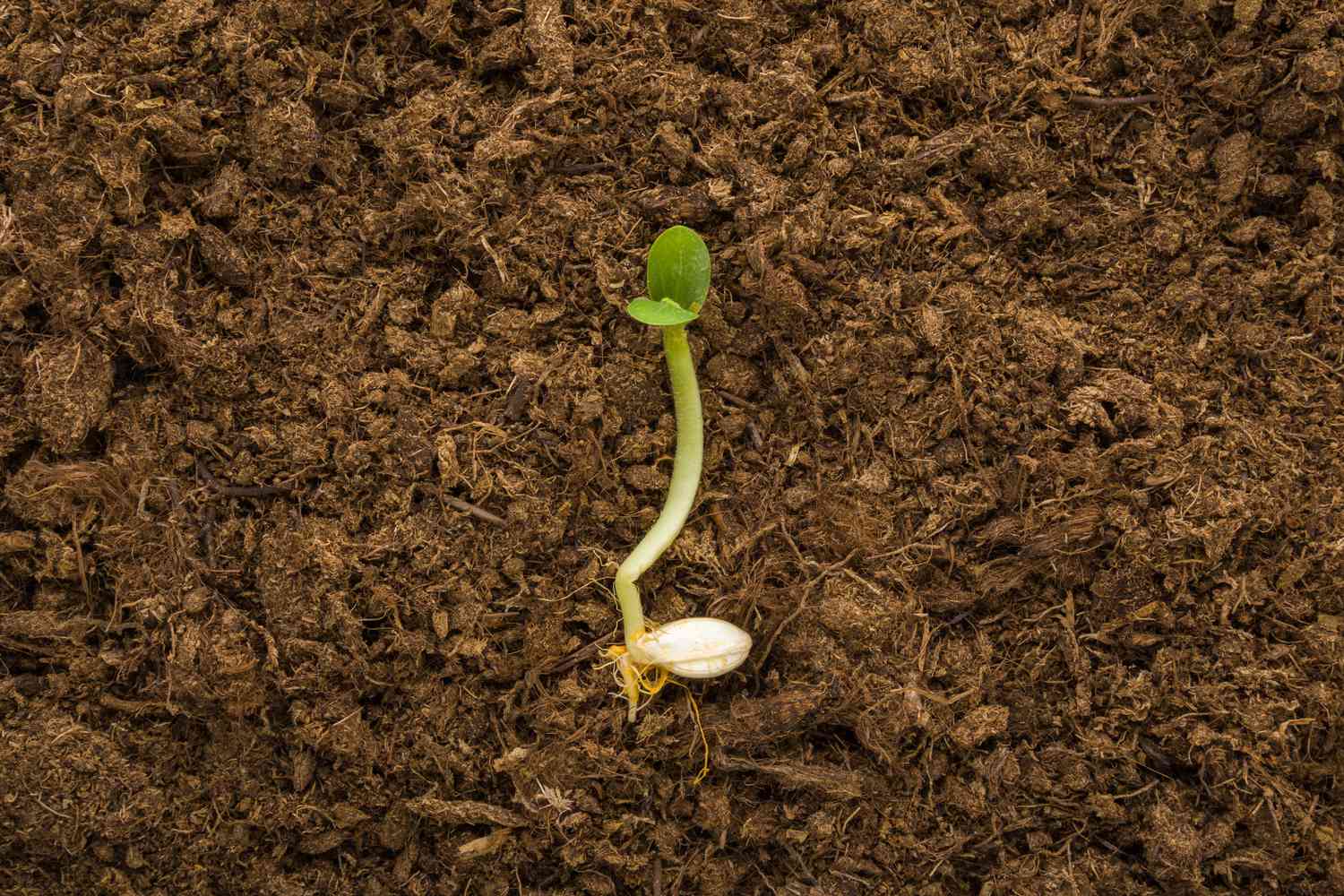
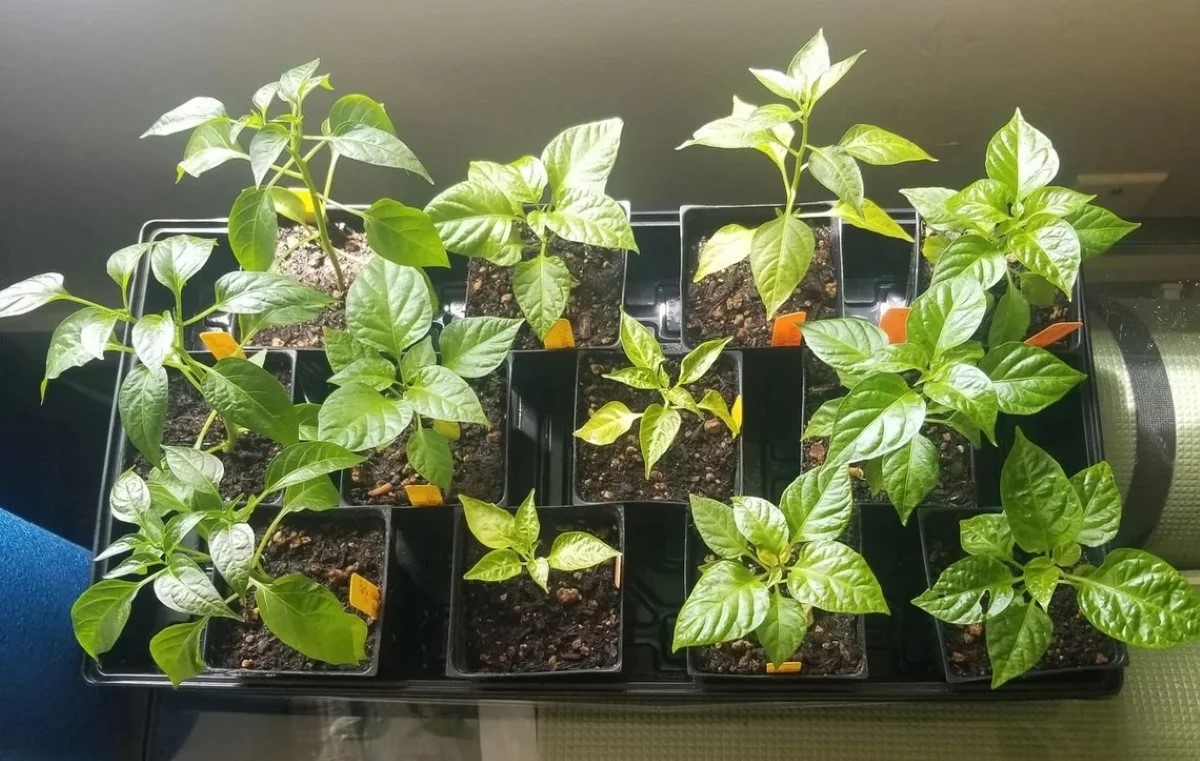
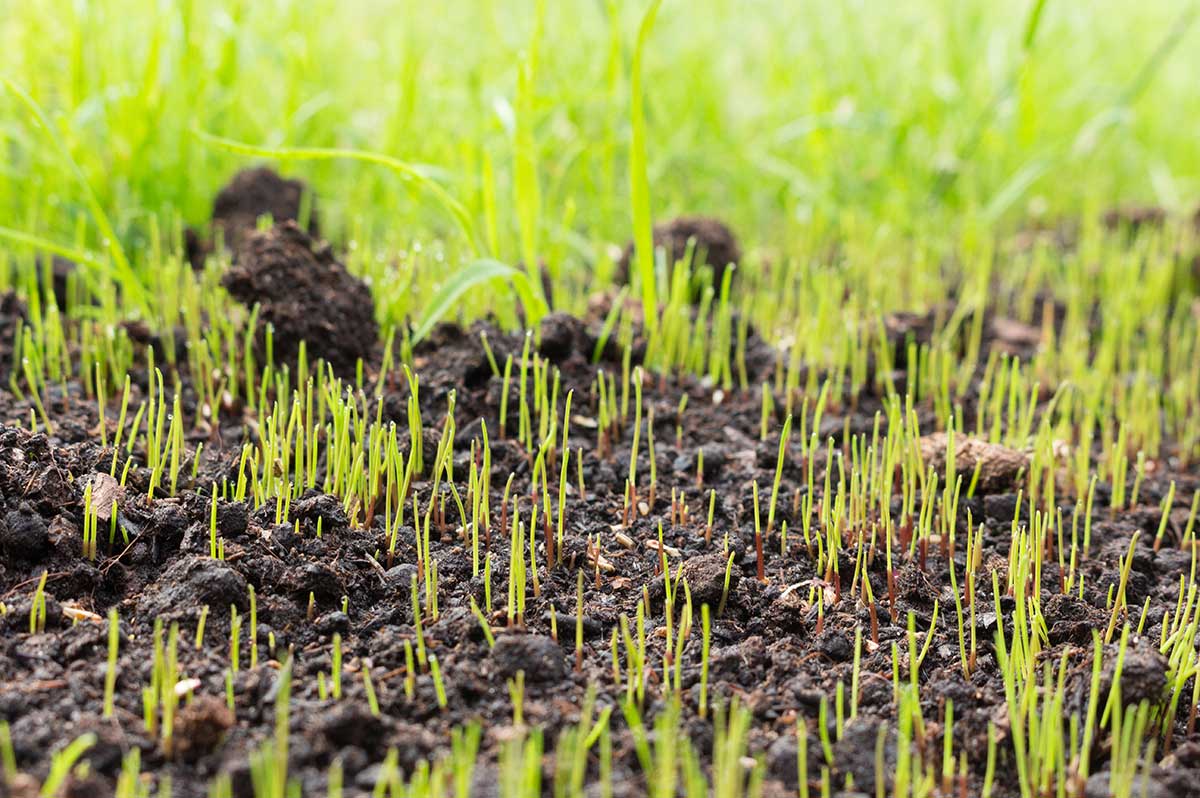
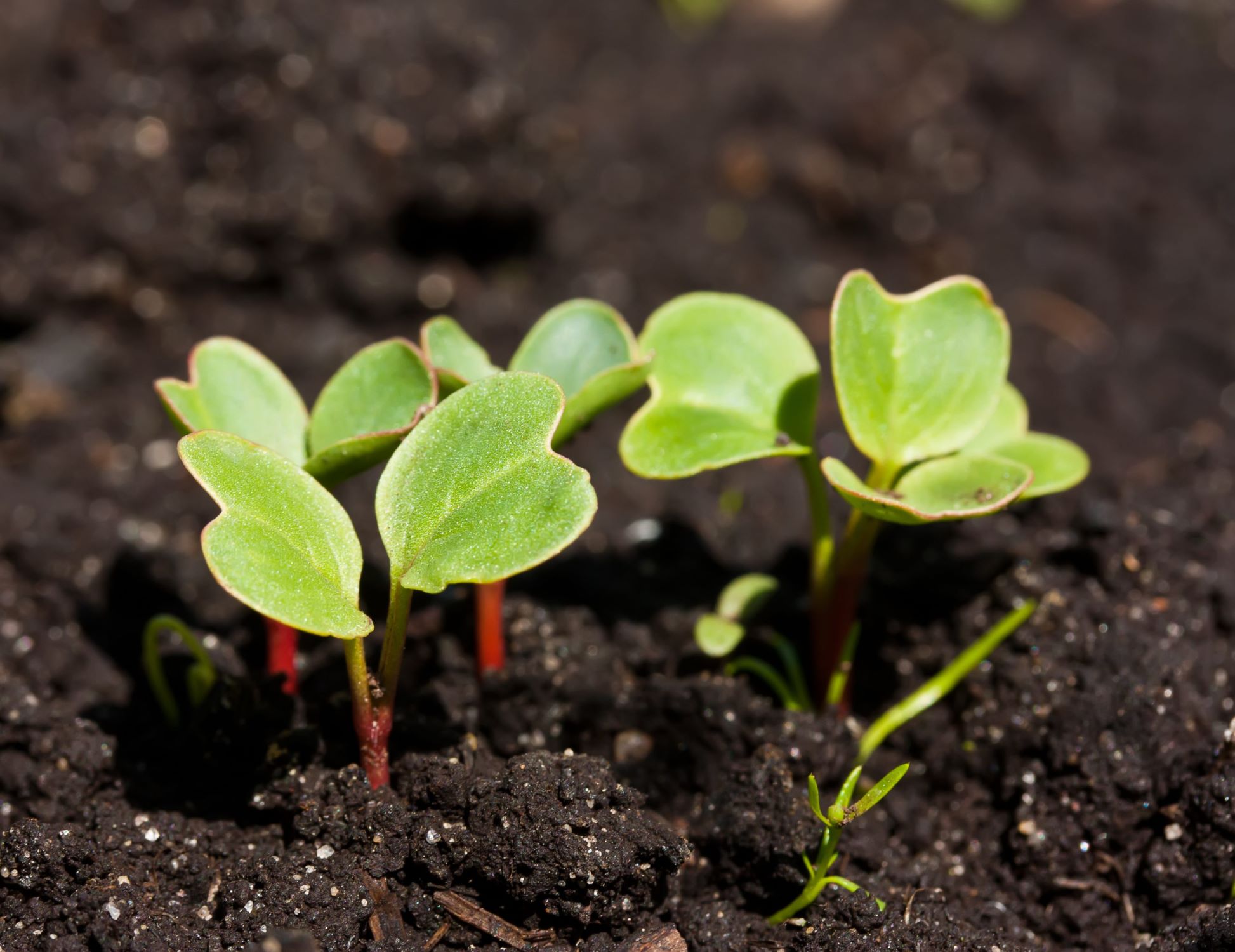
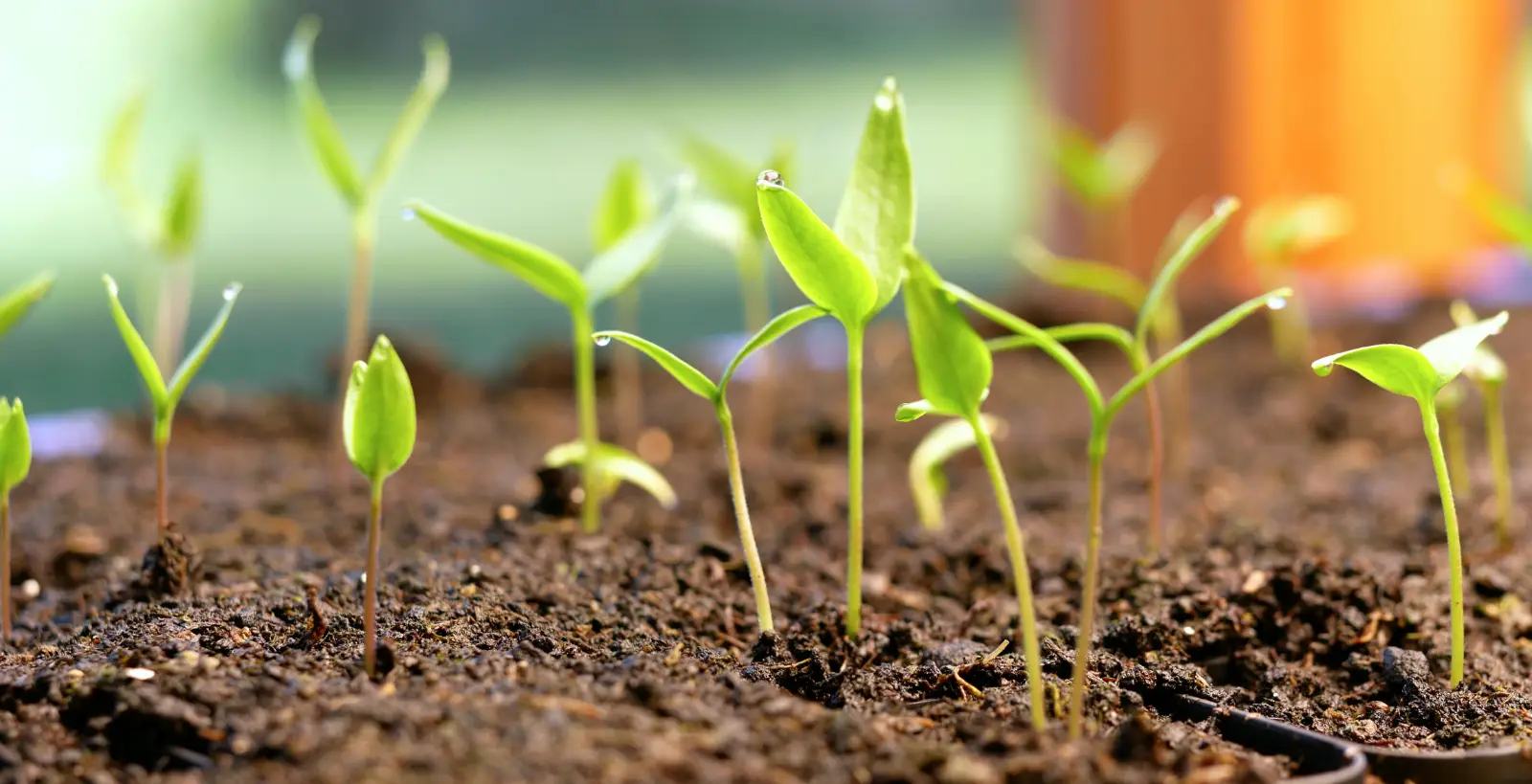
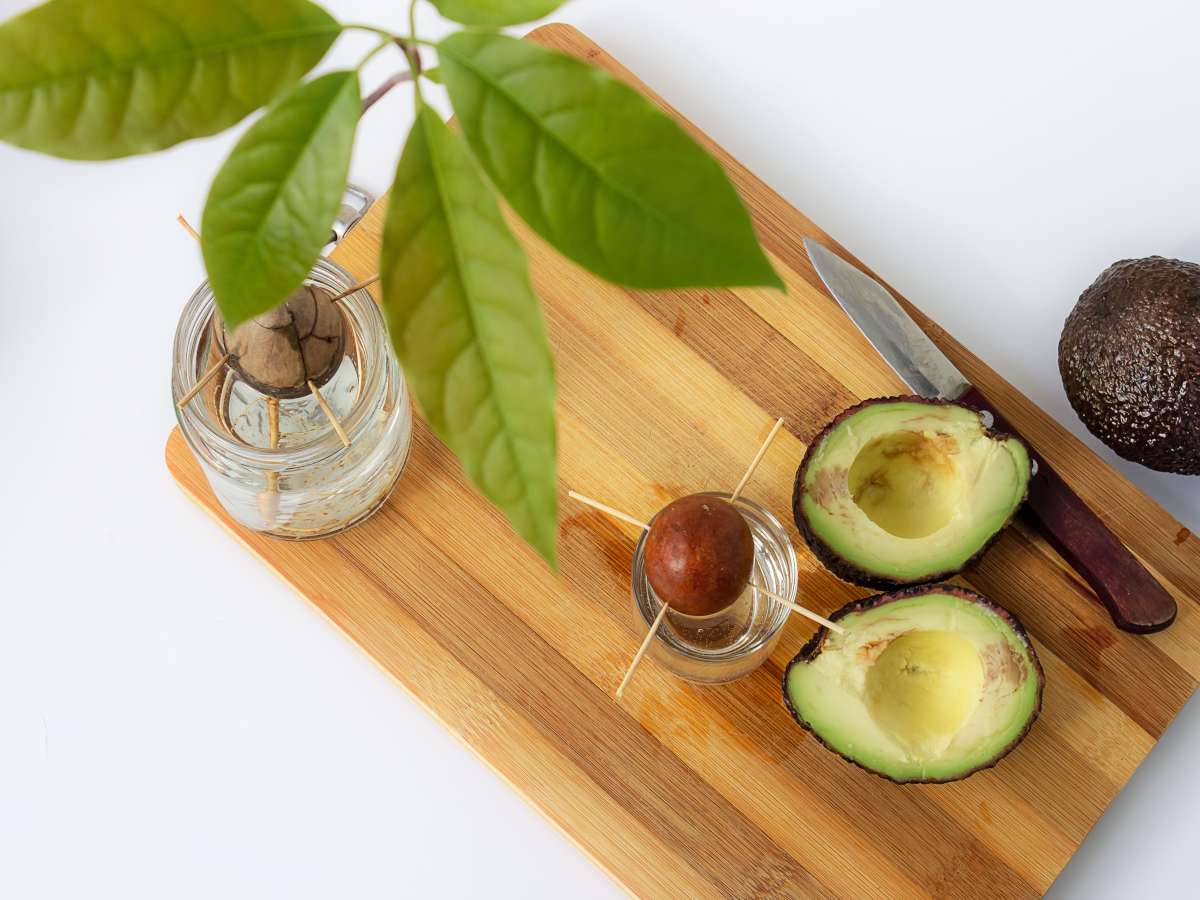
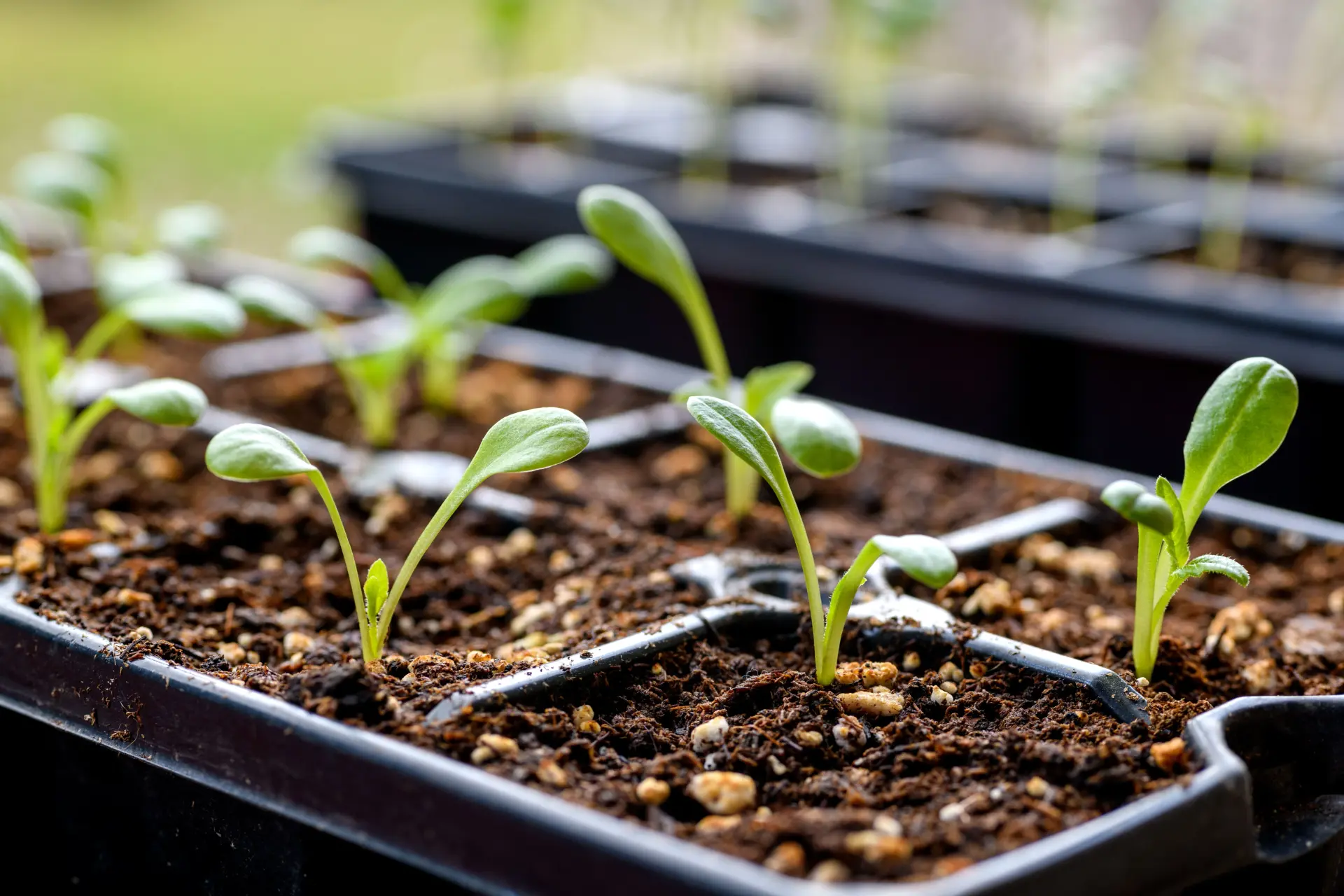
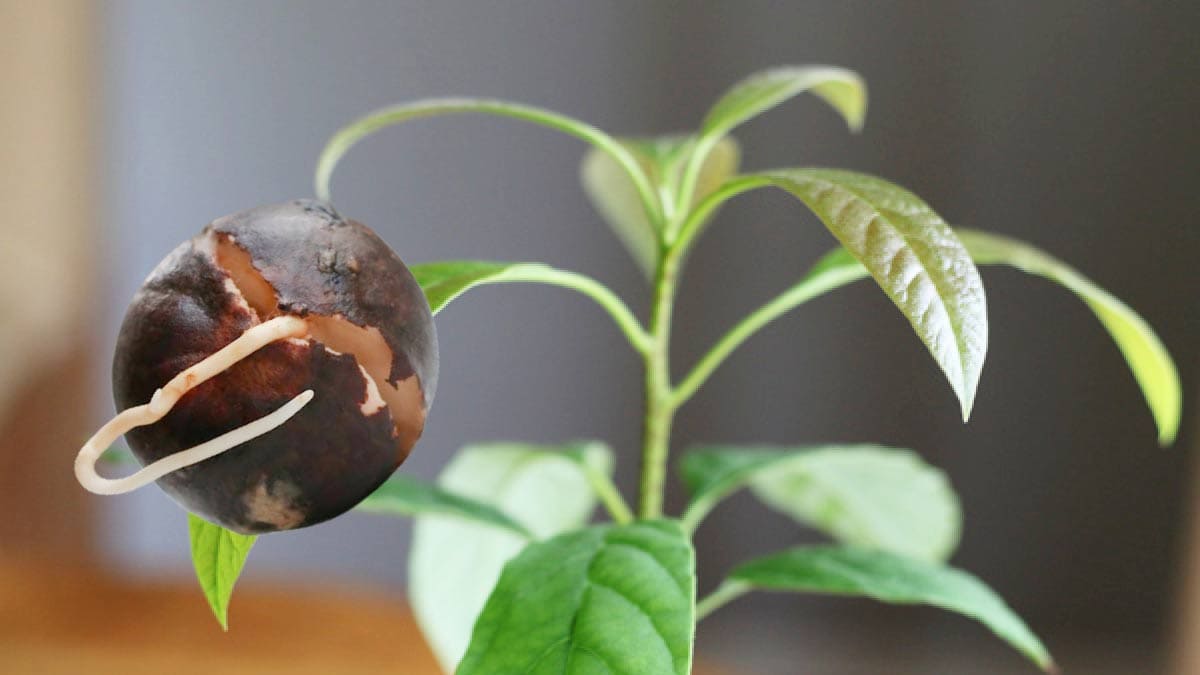

0 thoughts on “How Long Does It Take For Clover Seeds To Sprout”